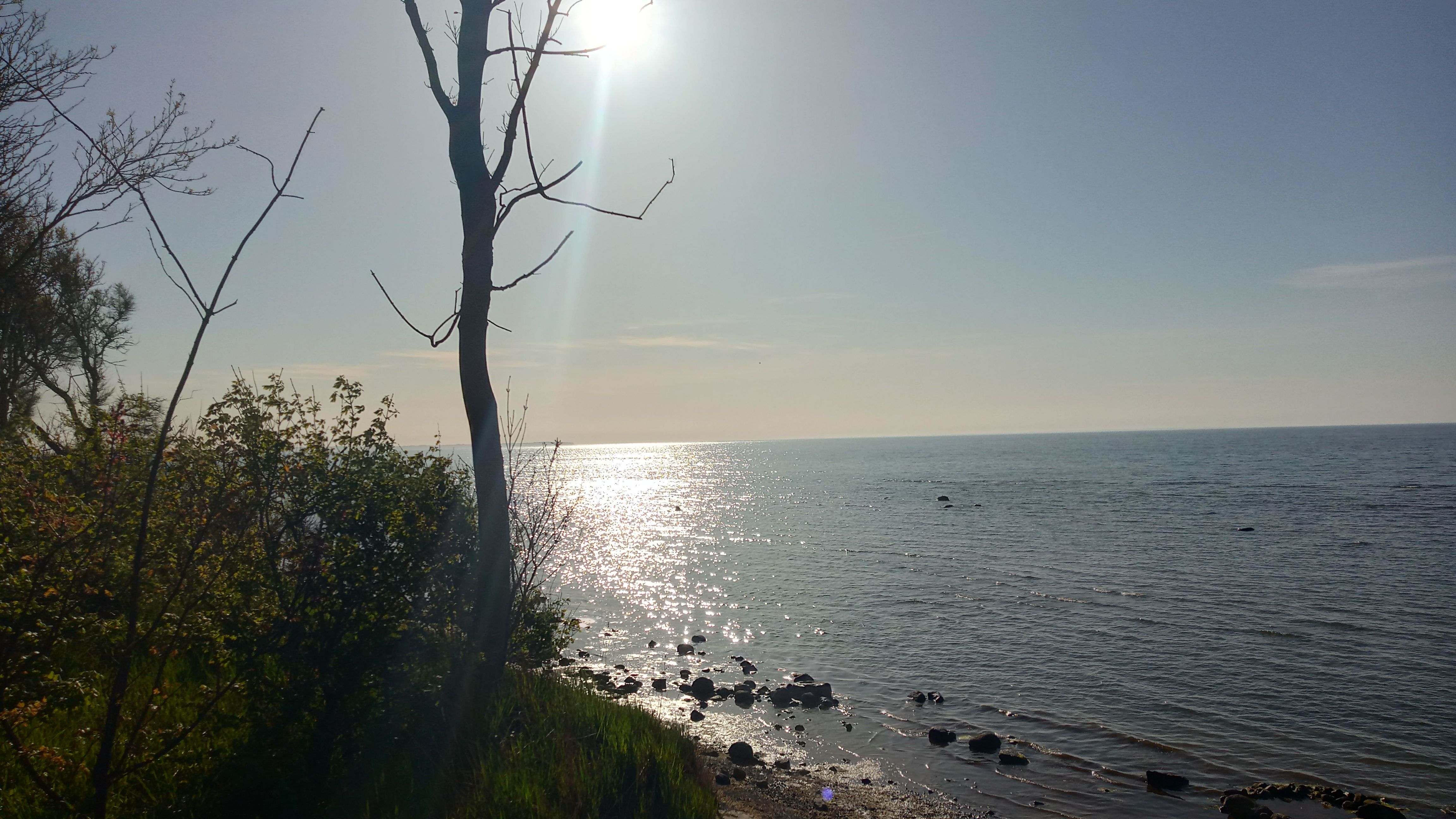France’s Prime Minister Elisabeth Borne has announced a Constitutional amendment to “unfreeze” New Caledonia’s electoral roll.
from the article:
The proposed Constitutional change directly concerns New Caledonia’s sensitive issue of the electoral roll, which had been “frozen” since 2007, as prescribed by the autonomy Nouméa Accord signed in 1998.
The Accord saw fit to disqualify French citizens who had not resided in New Caledonia before 1998, in a move that, at the time, was seen as a step to ensure indigenous Kanaks were not at risk of becoming a minority in their own country.
The French government’s draft Constitutional bill is described as restoring the universal voting rights of French citizens, especially with regards to local elections such as the election of members of the Congress (territorial parliament) as well as the three provincial assemblies.
It is believed that due to the previous restrictions, some 20,000 French citizens (most non-Kanaks) residing in New Caledonia are being denied their voting rights for these local elections.
The Paris government was also invoking France’s adherence to world-recognised democratic universal rights as enshrined in its Constitution.
France has attempted, for the past year, to get all of New Caledonia’s local political parties to come to the discussing table and come up with a new agreement on New Caledonia’s political future after the Nouméa Accord, signed in 1998, is now regarded as having expired.
But to date, despite several attempts on the part of the French government and five trips by French Home Affairs and Overseas minister Gérald Darmanin, one component of the pro-independence FLNKS umbrella, the Union Calédonienne (UC), even though it has participated in discussions at some level, is still refusing to join inclusive talks.
One of the main figures in the pro-French part of the political spectrum, Sonia Backès (head of the “Les Loyalists” party) said the French constitutional reform plan was “very good news”.
“This means New Caledonia will go from a transitional to a permanent status in the French Constitution”, she said.
But she regretted that a minimum of ten years (“too long”, she said) was now to become the rule to become an eligible voter.
On the side of the pro-independence FLNKS front, its current “animator”, Victor Tutugoro (who also leads the moderate pro-independence Union of Melanesian Parties -UPM-, one of the members of FLNKS), said he was “not surprised” but that his priority was now to find a “local agreement” between “local political stakeholders” which could be a successor to the Nouméa Accord.
He however expressed doubts on whether the Constitutional Amendment will get sufficient support in the French Congress (three-fifths of the votes are required).
“Things are a bit difficult if you look at the concept of government majority. Will the French government muster enough support? We don’t know.”
#newCaledonia #france #pasifika #colonialism #constitution #elections #independence

